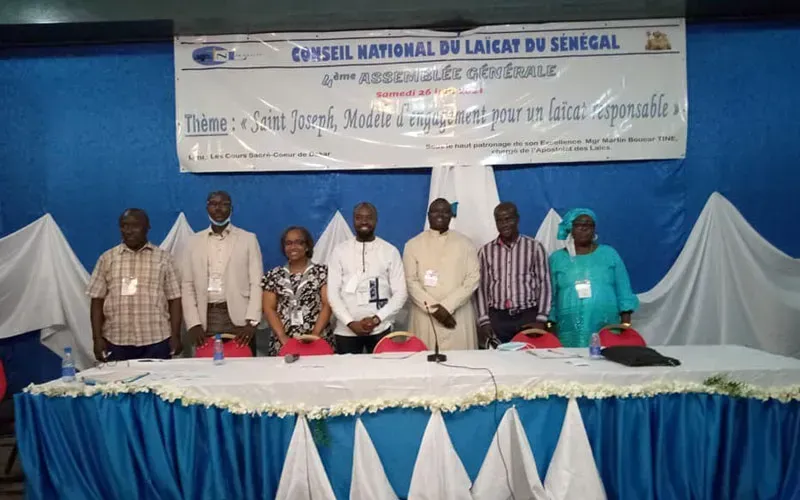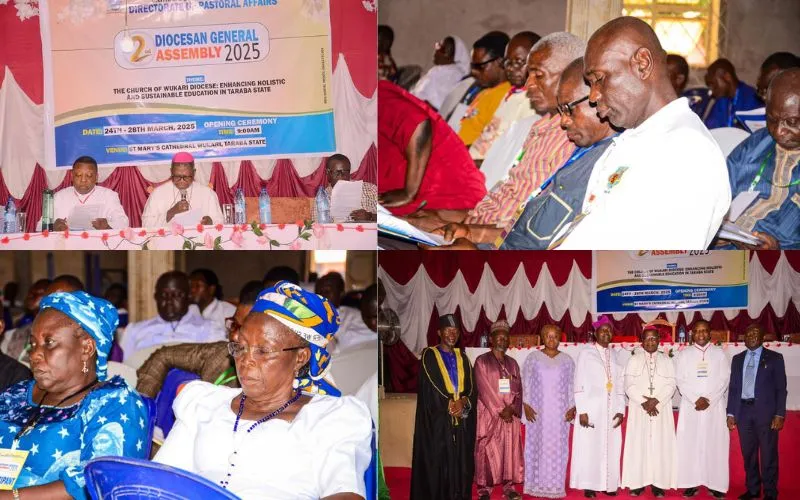Dakar, 12 August, 2024 / 9:21 pm (ACI Africa).
Members of the National Laity Council (CNL) in Senegal have condemned Prime Minister Ousmane Sonko’s remark on the wearing of Muslim headscarf (hijab) in institutions of learning.
While addressing the issue of hijab in schools on July 30, Mr. Sonko reportedly said, “Some things can no longer be tolerated in this country. France constantly talks to us about their lifestyle and their model, but that is theirs. In Senegal, we will no longer allow some schools to ban the headscarf.”
The Prime Minister’s remarks sparked controversy among Catholics, who perceived them as a direct challenge to private Catholic schools in the West African nation.
In a statement issued Wednesday, August 7, CNL members express “deep concern” about the “clumsy and potentially divisive” remarks from the Prime Minister, a high-ranking state official.
“CNL expresses outrage at these declarations, which it deems clumsy,” members of the Laity Council in Senegal say, and add, “These indelicate remarks by the Head of Government of the secular and democratic Republic of Senegal are likely to offend the sensibilities of Senegalese people who love justice and truth, and more particularly of full-fledged citizens of the Catholic faith who are legitimately concerned by the outspoken threats made against private Catholic institutions.”








